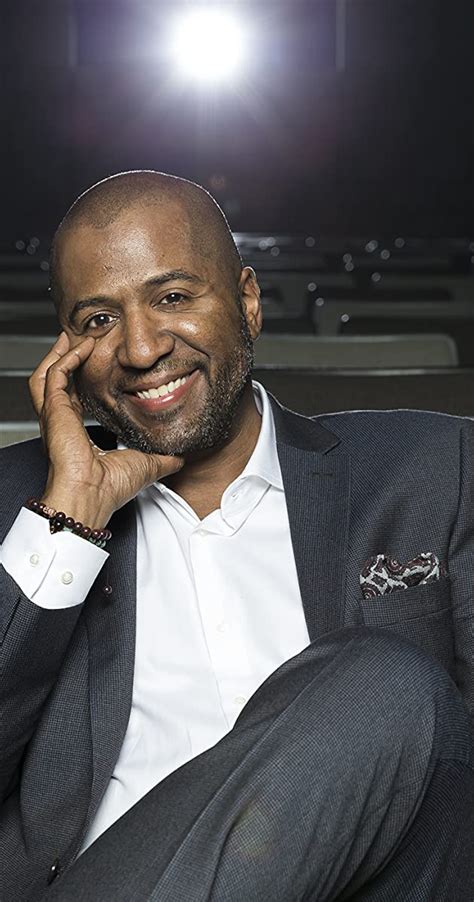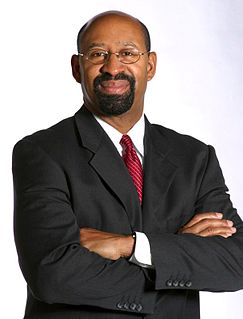A Quote by Jesmyn Ward
The reason that I like to use classical myths as models is because African American writers and African American stories are usually understood as occurring in some kind of vacuum - because of slavery.
Related Quotes
I use African-American, because I teach African Studies as well as African-American Studies, so it's easy, neat and convenient. But sometimes, when you're in a barber shop, somebody'll say, "Did you see what that Negro did?" A lot of people slip in and out of different terms effortlessly, and I don't think the thought police should be on patrol.
I find that people today tend to use them interchangeably. I use African-American, because I teach African Studies as well as African-American Studies, so it's easy, neat and convenient. But sometimes, when you're in a barber shop, somebody'll say, "Did you see what that Negro did?" A lot of people slip in and out of different terms effortlessly, and I don't think the thought police should be on patrol.
I don't think there are any pure Africans of the African Americans, but the African part of our history was pretty much taken away from us during slavery, so the 60s gave us a chance, because of the civil rights movement, to kind of re-examine and make some sort of formal connection to our African-ness.
Michael Jackson fundamentally altered the terms of the debate about African American music. Remember, he was a chocolate, cherubic-faced genius with an African American halo. He had an Afro halo. He was a kid who was capable of embodying all of the high possibilities and the deep griefs that besieged the African American psyche.






































